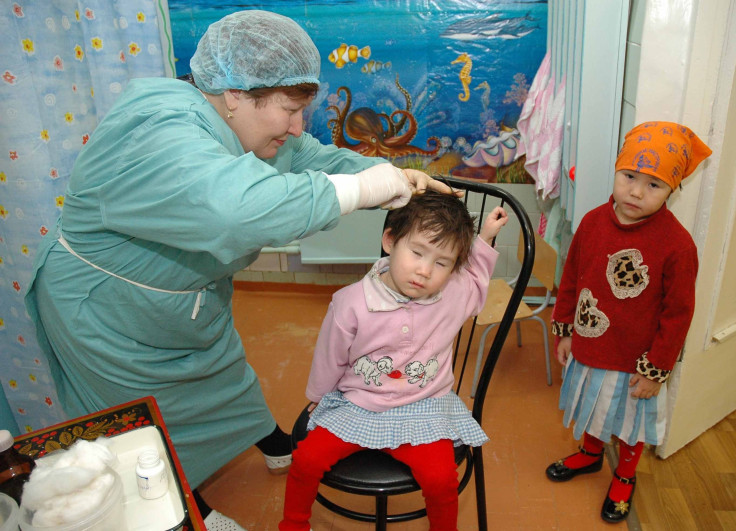Head lice Australia: Researcher shares effective tip to remove treatment-resistant head lice

There is bad news for parents as new research has suggested that head lice have grown immunity to over-the-counter products that are used to treat them. However, the Australian researcher, who carried out the study, also shared an effective tip to combat head lice. The tip to remove lice infestation involves a cheap conditioner, a fine-tooth comb and some patience.
“Massage the conditioner in the hair and that stuns the lice, so they can’t crawl around anymore. Use a comb and remove the lice from the hair. Repeat that process one week later to catch the lice that have hatched from any leftover eggs,” University of Sydney’s medical entomologist, Dr. Cameron Webb, told News.com.au.
Head lice are parents’ nightmare and the research suggests that the vicious bugs have increased their resistance to the common drugs used to kill them.
Generally, chemicals known as insecticides and a fine tooth comb are used to treat head lice and scrape off the dead ones along with their eggs. However, the new study, published in the Journal of Economic Entomology, examined 140 head lice samples from people in 48 American states and found out that more than 95 percent of the samples had genetic markers for resistance to the commonly-used chemical treatments.
Webb said that the study was conducted after the researchers suspected that the head lice have grown resistant to general treatments when reports of treatment failures started pouring in.
“It’s no surprise given the anxiety many parents have about head lice. We’re quick to use these treatments to control the infestation and the side effect of that is we’re increasing the chances that insecticide resistance will develop,” he explained.
As per Webb, insecticides (chemical head lice treatments) do not kill off all the bugs. Hence, the remaining ones develop immunity to them. Moreover, their offspring also become resistant. This is creating super lice as all the weak ones are killed off and the strongest ones remain.
However, the Australian researcher also pointed out that head lice do not pose any extreme health risk to children and are simply irritating. The greater concern is the anxiety and stress the head lice cause to parents and children because of the social stigma related to them.
“If we had a more relaxed attitude to being able to control them, and the patience and perseverance to use combs, then we’d be in a much better place,” Webb added.






